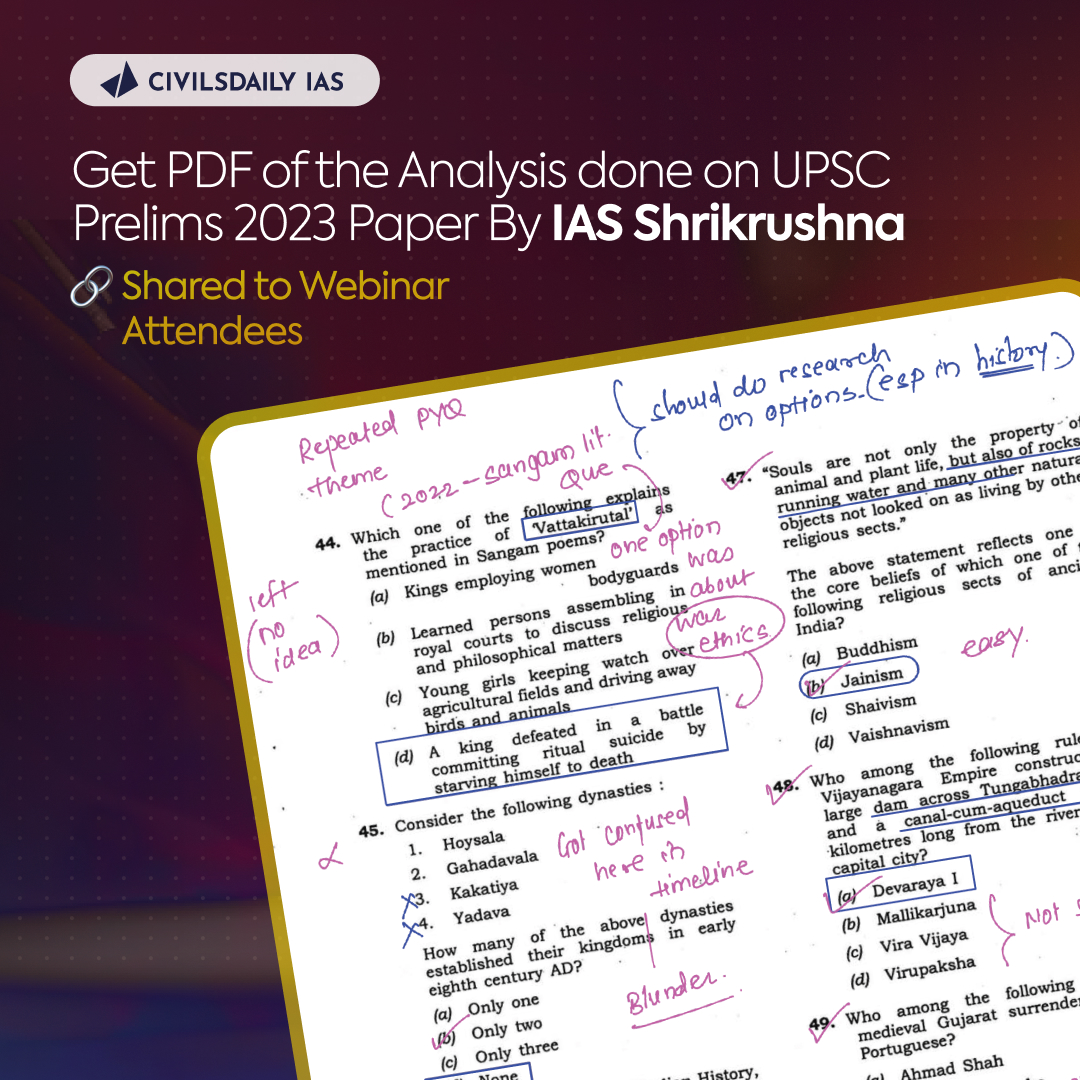Note4Students
From UPSC perspective, the following things are important :
Prelims level: Read the attached story
Mains level: Adultery De-Criminalization

Central Idea
- The Parliamentary Committee on Home Affairs has proposed the reintroduction of adultery as a criminal offense in the Bharatiya Nyaya Sanhita (BNS), 2023, a law designed to replace the Indian Penal Code (IPC), 1860.
- The committee’s recommendations have sparked a debate on the legal position of adultery and its implications on constitutional rights and gender equality.
Adultery De-Criminalization in India
- Adultery in IPC (1860): Until 2018, Section 497 of the IPC defined adultery as a criminal offense, penalizing only men for engaging in adulterous relationships.
- Supreme Court’s Verdict (Joseph Shine vs. Union of India, 2018): The Supreme Court unanimously struck down Section 497, citing discrimination and violations of fundamental rights.
Parliamentary Committee’s Recommendations
- Gender-Neutral Adultery: The Committee suggests reinstating adultery as a criminal offense but making it gender-neutral, applicable to both men and women.
- Safeguarding Marriage Sanctity: The Committee argues that safeguarding the sanctity of marriage is crucial and justifies criminalizing adultery.
Legal and Constitutional Implications
- Discrimination and Violation of Fundamental Rights: The Supreme Court’s verdict in Joseph Shine case highlighted the discriminatory nature of Section 497 and its violation of Articles 14, 15, and 21 of the Constitution.
- Autonomy of Women: The judgment emphasized women’s autonomy and dignity, asserting that husbands do not possess legal sovereignty over their wives.
- Privacy and Matrimonial Sphere: Adultery as a criminal offense intrudes into the privacy of the matrimonial sphere, which is better left as a ground for divorce.
- Relic of Victorian Morality: The Court deemed Section 497 as a relic of Victorian morality that treats women as chattels and property of their husbands.
Can the Supreme Court’s Decision Be Overturned?
- Parliament’s Authority: While Parliament cannot directly overturn a Supreme Court ruling, it can pass legislation that addresses the basis of the court’s judgment.
- Validating Legislation: Parliament can enact validating legislation that changes the circumstances under which the court’s judgment was rendered, effectively altering the legal landscape.
Conclusion
- The debate surrounding the reintroduction of adultery as a criminal offence is fraught with legal, constitutional, and societal implications.
- It calls for a nuanced examination of individual rights, gender equality, and the sanctity of marriage within the framework of Indian law and society.
Get an IAS/IPS ranker as your 1: 1 personal mentor for UPSC 2024
